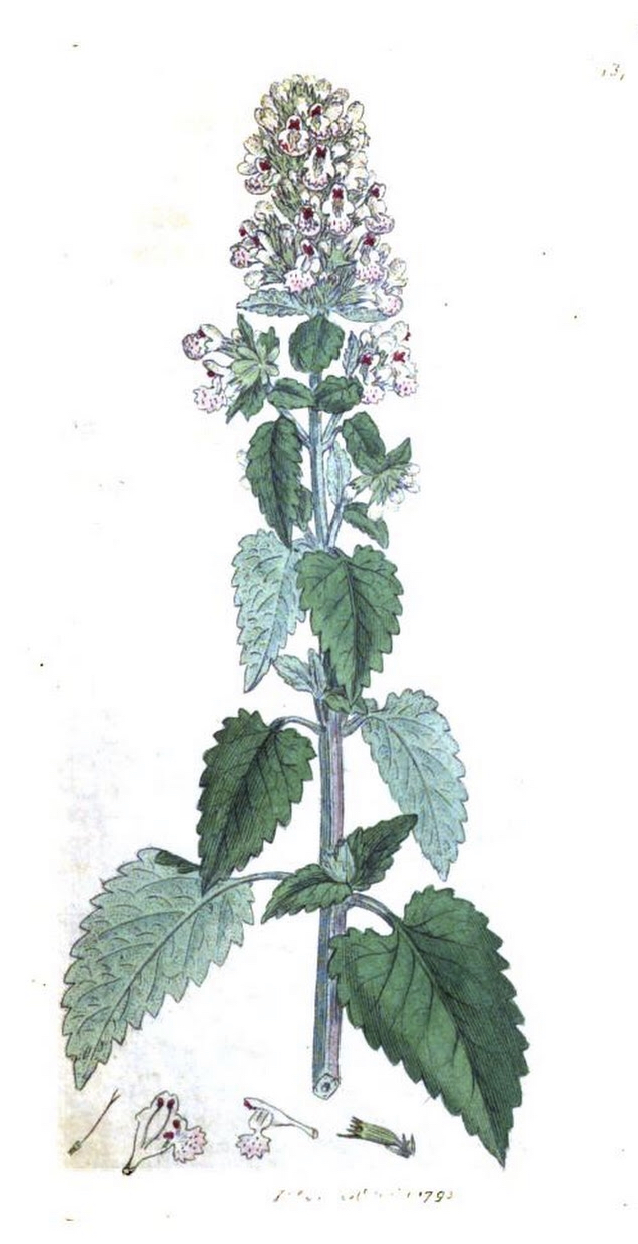Catnip
Catnip
CATNIP SEEDS
Nepeta cataria
This superior strain is suitable for medicinal use. Dried, it will make superlative catnip toys. Catnip in general is incredibly variable, especially with regard to height and flower color, but consistent among morphologically diverse plants is the terpenoid nepetalactone, for which most cats are bananas. These seeds will produce plants with soft and fuzzy grey-green leaves. Flowers are white with pink or purple stippling. They are vigorous and can be cut several times each season. Clippings not used for tea or tincture are great for sprinkling in the garden as they seem to repel cabbage moths, squash bugs and vine borers.
Fresh or dry leaves may be used for tea. Tincture of freshly dried leaves may relieve insomnia and migraine headaches. Research is highly recommended for use in infants with colic. One of the oldest and most gentle of herbal medicines, catnip has a well-documented history of use as an anodyne, antispasmodic and carminative.
Seeds can be sown directly into cool garden soil in early spring, but are probably best sown indoors at least 8 weeks before transplanting. To germinate, press seeds into moist well-drained soil, barely covering with additional soil or fine vermiculite. Mist generously. Kept moist at cool room temperature (55°-60°F) in bright light, seeds should germinate within 2 to 4 weeks. Germination can be erratic, so be patient. Avoid excessive heat. If no germination after 4 weeks, place pot in the refrigerator for 4 weeks before returning to cool room temperature in bright light. Prick out seedlings to grow on in individual containers or cells in bright light with good air circulation. Catnip seedlings are very susceptible to damping off.
Catnip requires full sun and well-drained soil to thrive. Do not fertilize catnip and water only until plants are established. Trim frequently, as flowering may diminish the quality of the leaves. Very hardy given proper drainage. Plants grown for tea should be replaced every few years, as they can become quite woody. In flower, plants may ultimately grow to 2' in height.
Cats will quickly destroy these plants if given the opportunity. Catnip should be protected from prowling felines. Plants may be grown successfully in terra cotta containers.
Please see Lemon Catnip for a cat-proof subspecies with a fine lemon scent and flavor that is even more suitable for an everyday herbal tea.
Packet contains around 500 seeds.
